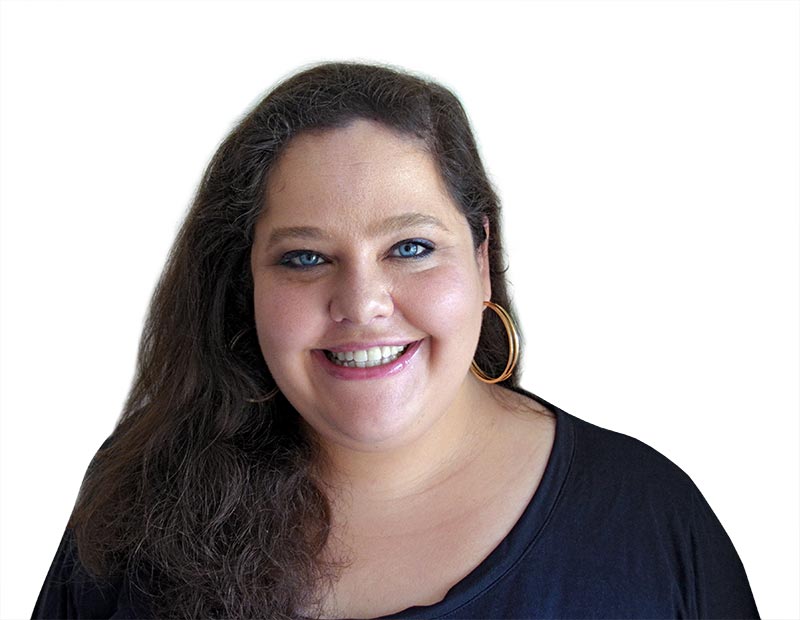We (still) need to talk about English
As I’m writing this post I’m thinking about my English skills as a non-native speaker. I’m aware of the fact that my English is far from being perfect and I can’t expect it to be flawless. Nonetheless, I consider myself a successful English learner-teacher as far as language is concerned for one simple reason: I see myself as a language scavenger. What does it take to be a scavenger? When people speak to me and when I’m exposed to language items, I collect whatever I think is useful or interesting; sometimes curiosity is what leads me to seek further information about language; sometimes it’s a student’s question. It doesn’t mean that what I collect is useless or simply ‘dead organic matter,’ as dictionary.com defines scavenging. It just means that I’m paying close attention to small details about English when I’m watching a movie or reading the rubrics to an English grammar exercise.
Surprisingly, this doesn’t happen solely because I’m an EFL teacher; it happens because I’m curious and I like to observe how language works. This mindset is what has helped me become a better speaker and a better writer over the years. And it’s not about being a teacher or a being a learner. Some students are extremely curious about how English works and they usually figure things out before the rest of the class. On the other hand, I’ve seen teachers with fossilized mistakes despite the fact that they’re exposed to the language almost daily. That’s why teachers still need to talk about English, and yet, language development is one of the least exploited areas in teacher training programs. This is not to say that teacher training programs should tackle language problems, but at least they should aim at helping teachers pursue sustainable language development strategies. So, how can we comb through language despite our busy schedules?
Intonation matters
My four-year-old niece has just moved to Cambridge in the UK and she’s now attending kindergarten at a local school. When my sister visited my brother and my sister-in-law last Christmas, she was amazed at the fact that my niece would sit in front of the TV and just babble words while mimicking their intonation. She was actually focusing on connected speech features that many of us may not be mindful of even when we’re teaching pronunciation. Obviously, as non-native speakers, we’ll always keep our Brazilian Portuguese accent — and our identity as well, but our lack of awareness may lead students to just recite words rather than convey different meanings through intonation. One way to work this out is to expose ourselves (and our students, of course) to authentic listening materials and focus on pitch, rhythm, stress, and length, for example, rather than on meaning. Nowadays, we have an array of online resources out there but classroom materials can also help us speak in a more natural way.
“Teacher, how do I say it in English?”
Vocabulary is every teacher’s pet peeve. Sometimes students’ questions put us on the spot and we’re too afraid to say we don’t know something for fear of losing face in front of our class. It’s OK not to know. Whenever that happens, we can resort to print or online dictionaries; we can google things or we can ask a colleague, of course, but this isn’t the point. I’m talking about long-term language development and that includes vocabulary. We all know that reading is the best remedy for that. When I’m reading and I see an interesting collocation, I collect it, I write it down, I try to use it in my classes, I look for it in other sources. Writing is also a great way to learn vocabulary. When I want to use an expression I’m not sure about, I look it up first even if I think it might be right. I check the spelling, too. Some online resources help me translate things into English and back into Portuguese based on authentic examples of language use, so that I can be sure it’s the right way to say something. Because I do this often, I also encourage my students to do the same.
We (still) need to talk about grammar
Many of us are too busy planning lessons and commuting from one school to another to devote our time to improving our grammar. Some of us may even wonder if we still need to talk about it if we’re teaching lower levels. Well, we do need to talk about our grammar. The reason why many of us have fossilized mistakes is that we’re not paying attention to how we’re saying things. We’re taking language for granted because we’ve been teaching it for too long. My rule of thumb is: Never take things for granted. Try to assess your English and here’s an idea: Write a paragraph about any topic and proofread it with the aid of a dictionary or online resources — or ask a colleague or a native speaker to do it. Make a list of your weak areas such as collocations, spelling, verb forms, or choice of words and rewrite it. Set priorities and goals for your English. Visit websites and blogs and see how people write about the same topic. Search through details such as interesting collocations and phrases that many teachers and learners miss out on because they’re too busy focusing on meaning only. Language is about form, too and nothing in language is dead matter. In fact, everything in language is dynamic, living matter to us teachers.
Here’s my own list of resources that have helped me along the way:
Print books:
Underhill, A. (2005) Sound Foundations. Macmillan
Lewis, M. (2002) The English Verb. An Exploration of Structure and Meaning. Thomson-Heinle
Cavalcante, H. (2015) Inglês para Professor. Disal
Online resources and dictionaries
Linguee: https://www.linguee.com.br/
Bab.la: https://pt.bab.la/dicionario/ingles-portugues/
Online Oxford Collocation Dictionary: https://oxforddictionary.so8848.com/search1?






